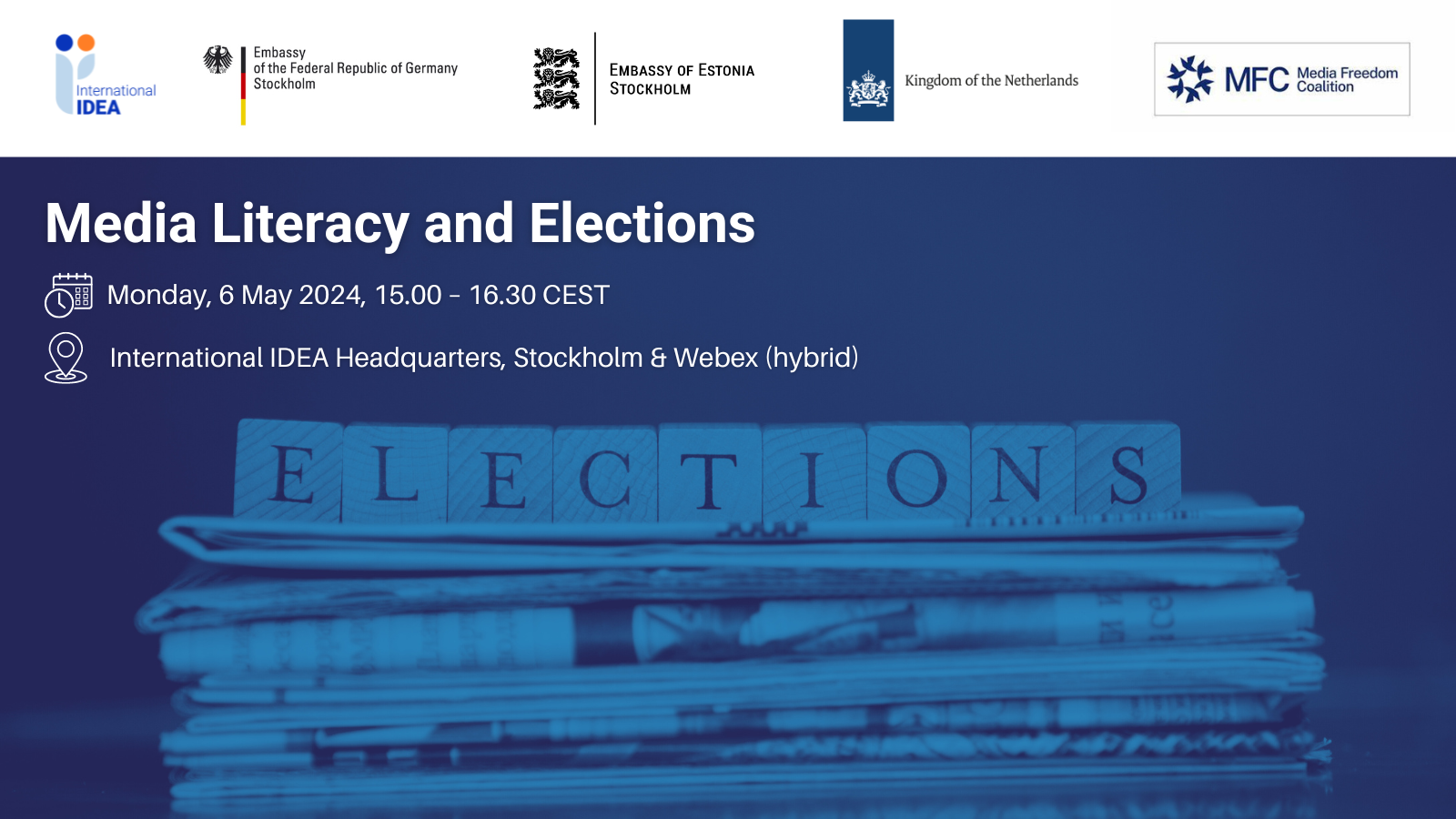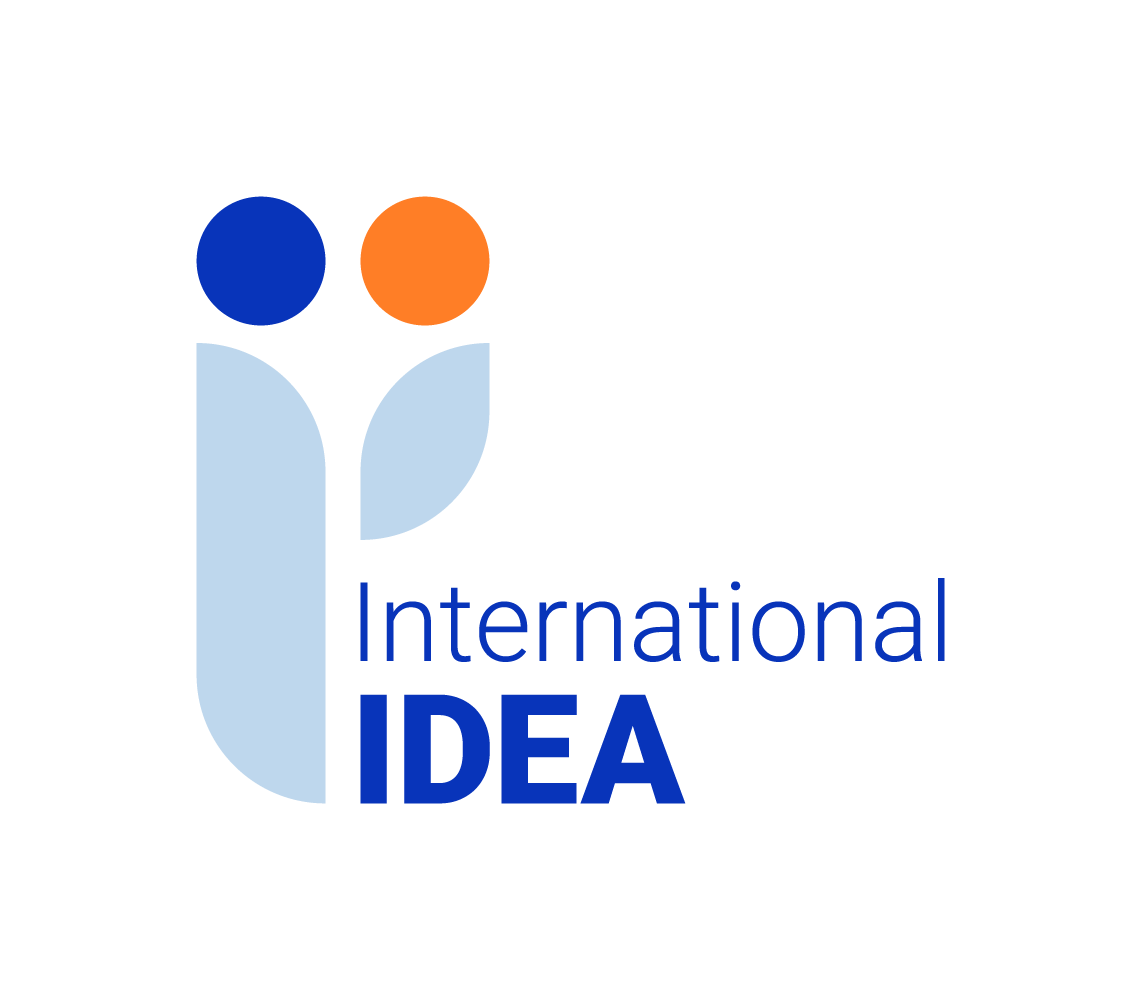ICT in Elections: What are Indonesia’s needs?
An Android-based app for quick reporting of possible election violations, e-voting through personal computers (in more than 500 village chief elections) and an interest from the President’s Executive Office in using technology to ensure elections are conducted with integrity. Put these elements together and it’s clear that Indonesia has holds technology in high regard to help improve the electoral process, making it the ideal first stop in International IDEA’s Election Tech Tour of Asia.
Taking place in Jakarta, and organised in cooperation with the Association for Elections and Democracy (Perludem) and the General Elections Commission (KPU), the first leg of the tour consisted of a roundtable event and discussions with the Election Supervisory Commission (Bawaslu), Indonesia’s Agency for the Assessment and Application of Technology (BPPT) and the Executive Office of the President. During the event, it quickly became evident that the discourse over use of information and communication technologies (ICTs) in elections has been progressing steadily since International IDEA’s first roundtable discussion on the topic in Jakarta in 2011.
When discussing ICT and elections, it is easy to think only about the act of people casting votes, when in truth, there many facets to it. From logistic management systems, biometric voter registration to ballot scanning technologies. Whatever it is though, before introducing new technologies into the electoral process, existing problems must be identified before deciding which technology is required to solve them.
To do this, Indonesia’s KPU formed a team of electoral and ICT experts in 2016 to study how technology can be best used to improve the quality of their elections. Studying the problems of the 2014 General Elections, the team concluded that technology should be sought to assist in enhancing confidence in election results, while at the same time deterring manipulations during the long process of recapitulating the results. The law currently states that all vote counting must be recapitulated in stages, from the village level, to sub-district, to regency/city, province and finally at national level. This provides ample opportunities for corrupt election administrators to alter the results.
Something clearly needed to be done to tackle this. During the 2014 Presidential Elections, the hundreds of Indonesians living in the country and abroad formed an Kawal Pemilu (election guard) to manually enter polling station count results, as published by the KPU. This made recapitulating election results much quicker than the formal process. This was made possible by KPU’s ‘e-recap’ project which included scanning of all polling station results forms to facilitate the KPU’s work. Moreover the scanned result sheets were immediately published online, allowing anyone to access the sheets and providing Kawal Pemilu the data required for their work. Realising that it takes a great deal of time to build trust, KPU Chairman Juri Ardiantoro said that they will develop the gradually improve the ‘e-recap’ projects with limited tests of additional features during the upcoming head of region elections in February 2017. As such, the current long and staggered vote recapitulation process shall remain as provided by law for elections to come, however added security and fraud deterrence will be present through the employment of such new technology. Eventually, Election Commissioner Hadar Nafis Gumay hopes, the new, faster system will replace the old, slow one. The journey is still long, however.
In parallel to this, e-voting continues to be introduced to Indonesian voters through the use of touchscreen voting in village chief elections. The legal bases for the use of e-voting for these elections are found in the Peraturan Daerah (Regional Regulation) of their respective regency. According to Andrari of BPPT, after the touchscreen personal computers have been used for five times, a 50 per cent efficiency rate compared to the normal paper-based election budget can be achieved. As village chief elections are not held simultaneously, a machine can be used in different villages at different times. While villagers were at first suspicious of the machines, after tests and explanations, they grew to trust them. While this shows that Indonesian voters may learn to trust e-voting technology, there is still a long way to go before they will be seen as acceptable in national elections. Given that national elections and starting in 2019, gubernatorial and mayoral elections are held simultaneously, the cost of procuring machines for more than half a million polling stations may be a tough preposition.
A lot was learnt by all involved on the first leg of the tour in Jakarta, with KPU mentioning that the findings of the roundtable discussions will be used to inform the further work of their experts. The very fact that KPU is actively studying the use of technology in elections is encouraging and the consensus seems clear on recapitulation of votes being the foremost problem that needs to be fixed. International IDEA’s continued studies on ICTs in elections will hopefully continue to serve as useful inspiration to electoral management bodies and other stakeholders in Indonesia.
The tour’s next stop will be in Manila (The Philippines), where exchanges will take place with election administrators from the Commission on Elections (Comelec), academics and civil society activists. As in Jakarta, there will also be a roundtable discussion, which will take place on 23 September.



